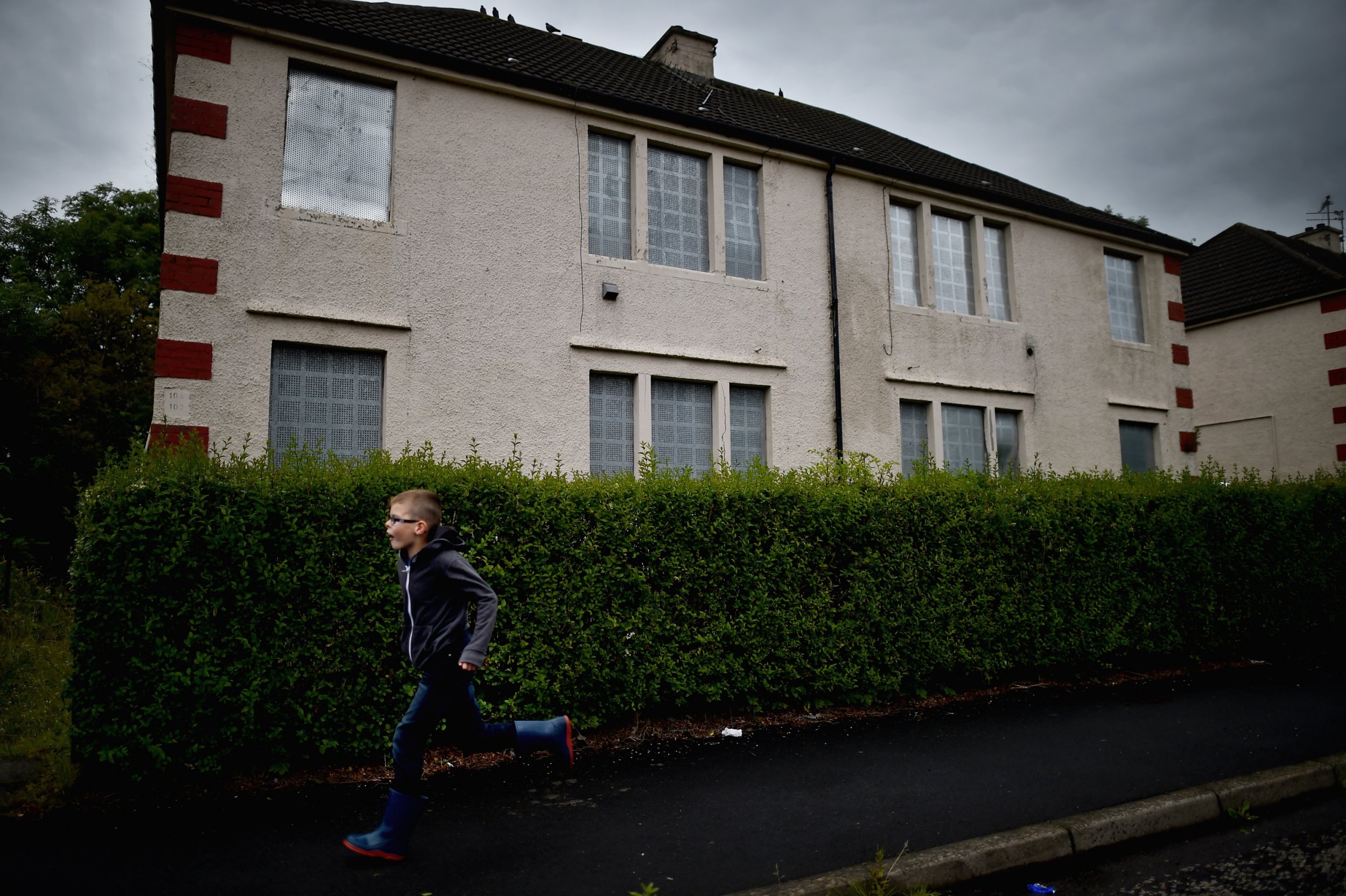
Almost a quarter of all children and young people referred for specialist mental health support in the U.K. are being turned away, a new report has revealed.
The liberal thinktank CentreForum found that 23 per cent of those seeking help were refused treatment, and some were enduring times as long as two and a half years for access to support.
Instead of prioritising early intervention, many patients were told that their conditions were not acute enough and were turned away.
Around one in 10 young people aged between 5 and 16 have a mental health problem—the equivalent of three in every classroom.
The report aims to give a "state of the nation" picture of mental health services for young people.
The reasons reported for turning under-18s away included services feeling that they lacked the capacity to deal with the problem, the child or young person not having been unwell for a long enough period of time or even their condition being classed as not serious enough.
Researchers found some services denied support to children and young people with anorexia if their body mass index (BMI) was not under a certain threshold. Other services referred people to more generic support unless they had "enduring suicidal ideation," meaning they had to have expressed a desire to kill themselves on more than one occasion to access more specialist services.
CentreForum's analysis of regional expenditure on mental health also uncovered a counterintuitive north-south divide, with northern regions spending more on care for under-18s while services in the south experience serious capacity problems.
According to figures from the Office for National Statistics, suicide is the most common cause of death for boys aged between five and 19, causing 14 per cent of deaths. It is also the second most common cause of death for girls after traffic accidents, accounting for 9 per cent.
"This report demonstrates a stark inequality within the NHS where, unlike those who are physically ill, children and young people with mental health problems are still not always getting the right treatment, at the right time, in the right place. While this issue has become a policy priority in recent years, there is still a long way to go before there is equality for mental health in the NHS in England," concludes the report.
Norman Lamb, Chair of the Commission, writes in the report's foreword: "This is not about blaming services, or those who commission them. It is a highly complex problem which has existed for decades. Those who work in services are all too aware of the lack of equality for mental health care. Transforming services will take time and sustained commitment."
Uncommon Knowledge
Newsweek is committed to challenging conventional wisdom and finding connections in the search for common ground.
Newsweek is committed to challenging conventional wisdom and finding connections in the search for common ground.





